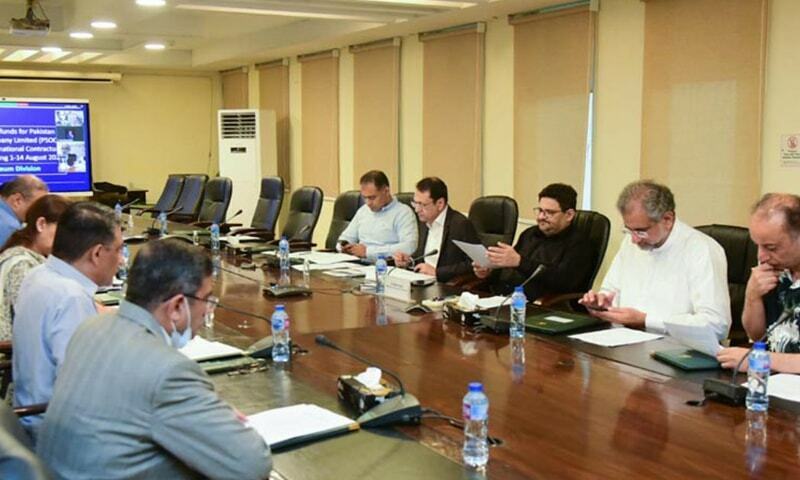As it tries to secure Rs. 100 billion in emergency funds to prevent a global default on oil and gas payments and maintain the staff-level agreement with the International Monetary Fund (IMF), the government has decided to impose new levies totaling Rs. 30 billion.
The choice was made on Sunday during a special meeting of the cabinet’s Economic Coordination Committee (ECC), which Finance Minister Miftah Ismail presided over.
The meeting was advised that more taxes will be necessary in order to fulfil the financial commitment made to the IMF for a Rs. 153 billion primary budget surpluses.
In order to reduce price uncertainty, the ECC also resolved to investigate decreasing price modifications from the current fortnightly pricing to weekly or 10-day basis.
The ECC “directed Finance Division and Federal Board of Revenue (FBR) to submit proposal for generation of Rs. 30 billion through taxes within a week”, said an announcement after the meeting.
Additionally, a Rs. 30 billion additional budget allocation was approved for prompt payment to Pakistan State Oil (PSO), a state-run company with around Rs. 270 billion in international payment obligations through August 28.
“For the smooth continuity of oil and gas national supply chain and avoid PSO from being default on international payments, the ECC decided to clear the outstanding payments accumulated during the period of pervious government,” the announcement said.
Additionally, it instructed the Power Division to pay the present due balance of Rs. 20 billion immediately and another Rs. 12.8 billion by August 4 (Thursday).
According to sources in the Petroleum Division, Sui Northern Gas Pipelines Limited (SNGPL) alone accounted for Rs. 340 billion of PSO’s total receivables as of July 28.
The LNG supply, which increased the cash gap by Rs. 213bn since July 1, 2021, was a significant contributing element.
SNGPL, for its part, had been hindered by Central Power Purchasing Agency (CPPA) whose receivables increased from Rs. 43bn to Rs. 113bn since January 1, 2022 delayed payments.
On account of gasoline supply, CPPA still owed PSO Rs. 182 billion in direct payments, including Rs. 16 billion that had accrued since July 1, 2022.
The ECC also gave Petroleum Division a week to come up with further price-setting options in cooperation with OGRA.
After consulting with the appropriate parties, the ECC instructed the Petroleum Division to submit a proposal to manage the prices of kerosene oil and light diesel oil within a week.
To read our blog on “At IMF’s request, the petroleum levy will increase,” click here.
